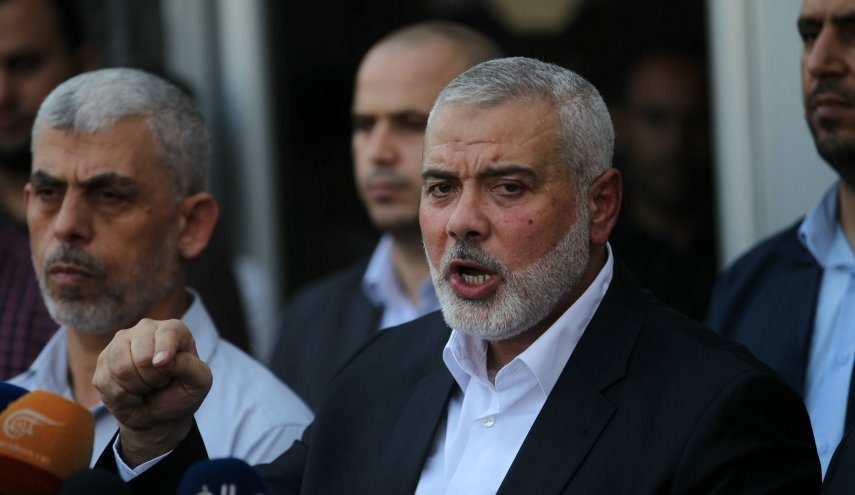The Palestinian elections, the first in 15 years, will begin in May and July this year.
The head of the political bureau of Palestine’s Islamic Resistance Movement [Hamas] Ismail Haniyeh has called on Qatar to monitor the upcoming legislative and presidential elections, in a message to Amir Sheikh Tamim bin Hamad Al Thani.
The Palestinian official asked Qatar to “work with the international community to respect the results of the upcoming elections” to avoid a repeat of the previous 2006 elections.
He also called on Qatar to utilise its international relations with other countries to pressure Israel against obstructing or interfering in the election process, especially in Jerusalem.
Speaking to Doha News, Dr. Mahjoob Zweiri, director of the Gulf Studies Center at Qatar University said the call to Doha may have been a message to factions involved in the election.
“I think they [Hamas] are maybe sending a political message to all parties to make sure that the elections process goes well, because any complications will lead to more problems within the Palestinian political scene,” Dr. Zweiri said.
It is likely that Doha will also ask its allies and partners to ensure the elections are completed in a fair manner, given its strong bilateral relations and role as a regional mediator, the analyst added.
Qatar is one of the countries – Egypt, Russia, Turkey and Jordan – sponsoring the elections as well as multiple previous unity talks between Hamas and Fatah, the two main political parties in Palestine.
Read also: Qatar to boost Gaza’s electricity supply with gas pipeline project
The legislative elections are set to take place on May 22nd this year and the presidential elections will follow on July 31.
The elections will be the first since 2005 and 2006, which saw the victory of current Palestinian President Mahmoud Abbas and Hamas after securing 74 seats out of 132.
The two factions were at war from 2006 until 2007, resulting in the killing of more than 600 Palestinians and the division of territories between the parties. Hamas controls the Gaza Strip while Fatah holds the Palestinian Authority [PA] government in Ramallah.
Hamas and Fatah have both engaged in several reconciliation attempts, though none have born fruit. Progress was made last year when Hamas said it was ready to hold elections and resume dialogue.
During a meeting in Turkey in September, both parties reached a deal to proceed with the delayed polls. The Turkey meeting reportedly took place after Palestinian President Mahmoud Abbas engaged in discussions with Turkish President Recep Tayyip Erdogan.
The Biden effect
However, it was not until February this year when both sides agreed on the “mechanisms” for the elections during a two-day summit in Egypt.
Commenting on Egypt’s role in hosting the summit, Dr. Zweiri said he believes Cairo used the “elections card” to exhibit its political role in the region to impress the new US President Joe Biden’s administration.
Palestinian efforts to hold the elections come as part of its attempts to gain US recognition under the new administration, especially with Biden reportedly aiming to reverse former US President Donald Trump’s policies.
“It’s obvious that the Biden Administration is reopening the doors with the Palestinians, it is likely that it will open their embassy in Washington, which was closed by Trump, it is likely to push towards financial support,” said Dr. Zweiri.
This falls in line with theories that the new administration will revive the “mainstream US policy toward the Israel-Palestine conflict” and possibly stall the annexation of the West Bank.
While it may be too soon to determine the outcomes of the elections, Dr. Zweiri says “there is no doubt that the elections will move the [stagnant water] in Palestine”.
Follow Doha News on Twitter, Instagram, Facebook and Youtube







